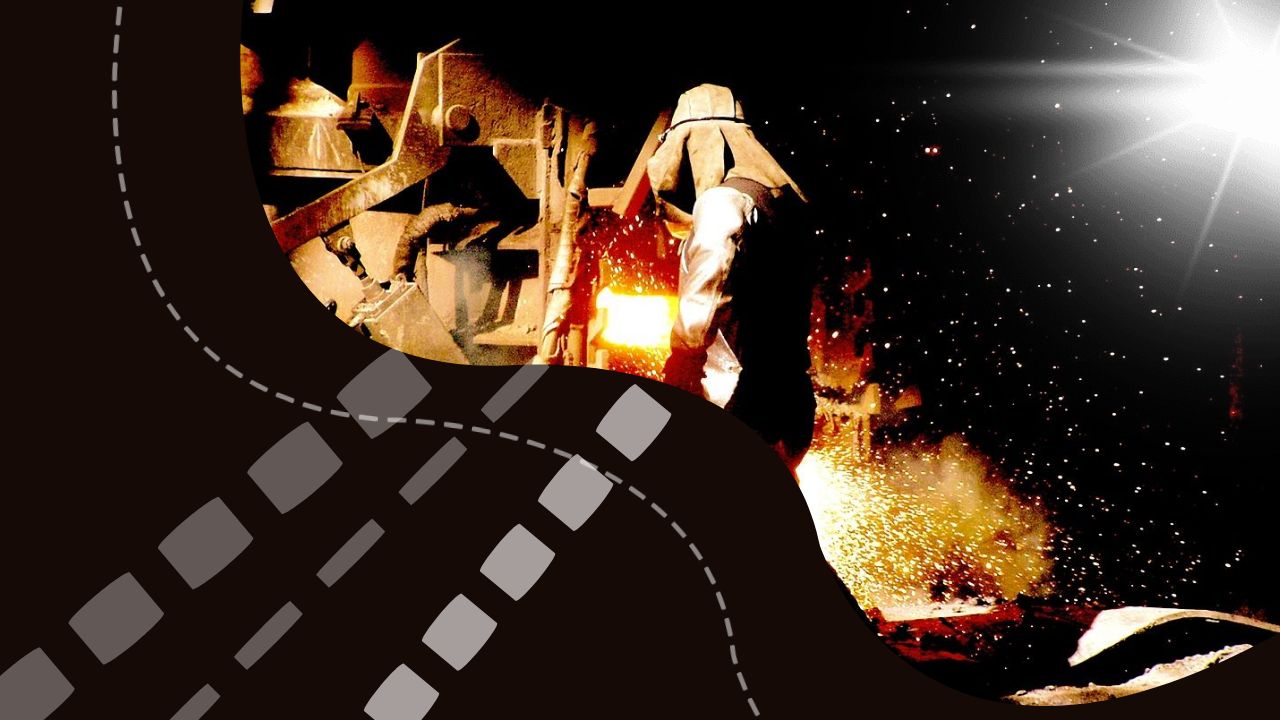The mineral exploration activities in the Shekara area of the Kostanay region in Kazakhstan have yielded disappointing results, according to a written response from Polymetal, a gold mining company registered with the Ministry of Finance and Economy of Kazakhstan. The company has determined that the area does not contain economically viable reserves for large-scale development. As a result, the contract territory is being returned to the state, and the accumulated geological data will be transferred to the state geological fund.
Polymetal had been conducting work in the Shekara area, as mentioned in their earlier press service statements. However, it appears that a decision to halt these activities has been made in recent months. The exploration work in the area began several years ago, with Kazgeology conducting aerogeophysical surveys at the request of Polymetal to assess the potential for gold-silver and copper deposits. A joint venture named “Shekara” was established, with the national geology company holding a 25% stake. Polymetal’s subsidiary, the Kostanay company “Varvarinskoye,” also held shares in the project.
In March 2021, the national company transferred the mining rights in Shekara to the joint venture. Geological exploration for gold, copper, and polymetallic ores covered an area of 213 square kilometers. The state invested 602 million tenge from 2017 to 2019 for geological exploration, and an additional 21 million tenge was spent from 2018 to 2021, according to Kazgeology’s report.
It is worth noting that Polymetal is now focusing on assessing reserves in the promising Bakys area in the North Kazakhstan region. The company recently increased its stake to 75% in this gold-copper project, with “Kazgeology” holding the remaining share. Polymetal is evaluating the reserves and plans to consider production in the area after placing them on the state balance sheet. The company’s CEO, Vitaliy Nesis, mentioned the possibility of buying out the junior partner’s stake in the project in a recent interview.
Active geological exploration in Kazakhstan is crucial for Polymetal, as their Komarovsky gold deposit in the Kostanay region is expected to be depleted by 2028. The ore extracted from Komarovsky is processed at Polymetal’s Varvarinskoye hub, which will continue operating at its current volume. The company is preparing to exploit a new deposit to sustain production as mining operations decline at Komarovsky.
Furthermore, Polymetal is collaborating with a junior partner in the Northern Balkhash region to search for copper and polymetallic deposits. These projects in Central Kazakhstan aim to establish another processing center and involve exploration in various areas.
Overall, Polymetal’s exploration efforts in Kazakhstan are focused on identifying new deposits to ensure continuous production and maintain their presence in the region’s mining industry.
Meanwhile, on the tender page of LLC “TD Polymetal” on the website b2b-center.ru, it is indicated that in 2021, the company solicited proposals for tunnelling works on five licensed areas in Northern Balkhash for the requirements of TOO “Zhana Mys.” It is noteworthy that the latter was among the subsoil users who recently surrendered their license. As per the subsoil users register published in June, this company held nine licenses issued by the Ministry of Industry. Its sole founder is K.M. Dosmukametov, presumably referring to Kanat Dosmukametov, the CEO of “Polymetal Eurasia.”
As it is known, Polymetal’s primary mining project in Kazakhstan is currently the Kyzyl project in the Abai region, which encompasses the development of the Bakyrchik deposit. It can be considered the largest gold mine in the country in terms of reserves. According to the company’s website, at the time of assessment, its reserves amounted to 9.8 million ounces in gold equivalent, exceeding 304 tons according to inbusiness.kz estimates. In comparison, the once largest Vasilkovskoye deposit in the Akmola region, known as Kaztsink, experienced a decline in reserves and resources from approximately 370 tons to 74-86 tons over the years, as reported by our publication. It is highly likely that with the complete depletion of Vasilkovskoye in the coming years, Polymetal will surpass it as the leading gold miner in the country.
As previously reported, due to the National Bank’s priority purchase of domestically refined gold, Polymetal refrains from selling the gold it produces abroad, except for a small quantity of refractory gold in high-carbon concentrate from Kyzyl. The low-carbon concentrate from the project is transported to the company’s autoclave plant in Amursk and then returned to Kazakhstan in a processed form. Recently, Polymetal has encountered logistical challenges in delivering gold-bearing raw materials from Kyzyl to the Far Eastern ports.
“The delivery of concentrate to the Far Eastern ports is currently facing difficulties. Russian railways are not approving applications for transporting concentrate there via covered wagons. There are no transportation issues to Amursk. Hence, we are compelled to transport the concentrate by rail to Amursk and then deliver it to the ports by road for further shipment to China. While we had a one-time experience of shipping concentrate from Kyzyl to the ports by road, it is more efficient to transport it by rail,” confirmed the company.
Polymetal also provided comments regarding CEO Vitaliy Nesis’s recent statement to Bloomberg regarding the possibility of relisting the gold miner’s shares in London after selling its Russian division. Previously, the company’s CEO stated in a comment to inbusiness.kz that they planned to work closely over the next two years to enhance the liquidity of their shares on the AIX exchange in Astana. This decision came after the re-registration in the Ministry of Finance and Economy of the Republic of Kazakhstan, subsequent to their departure from the Jersey jurisdiction.
“Unlocking potential on AIX and returning to LSE are not contradictory. AIX will continue to serve as the primary trading platform, while LSE can provide additional liquidity, but only after the sale of Russian assets,” clarified Polymetal.

